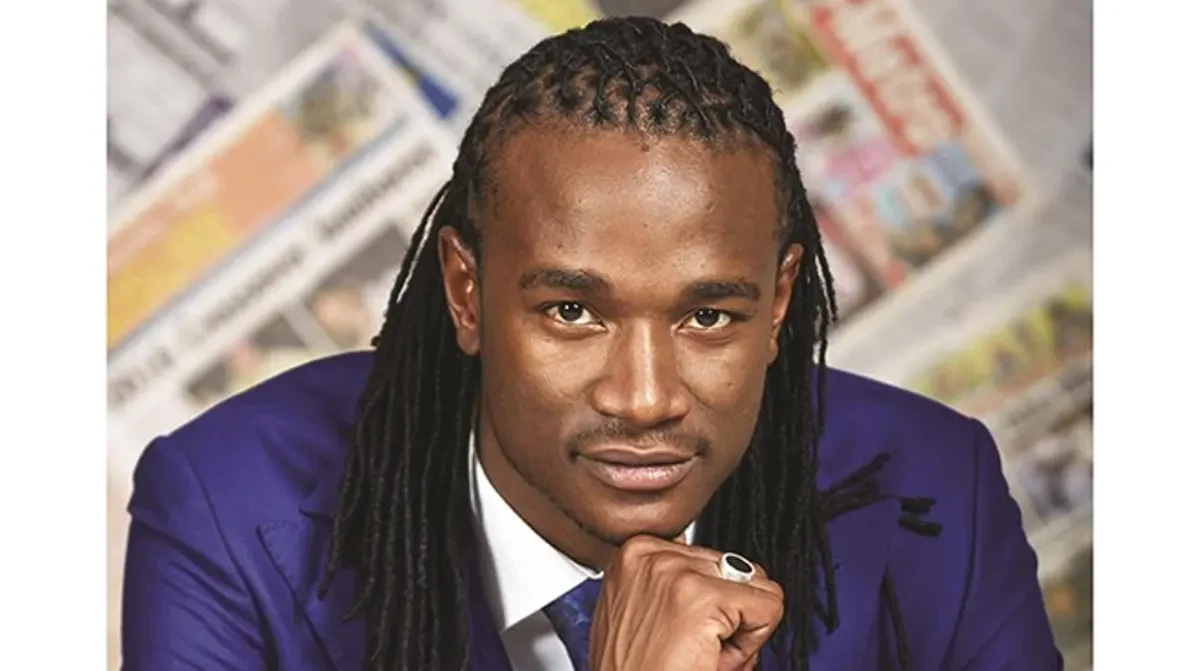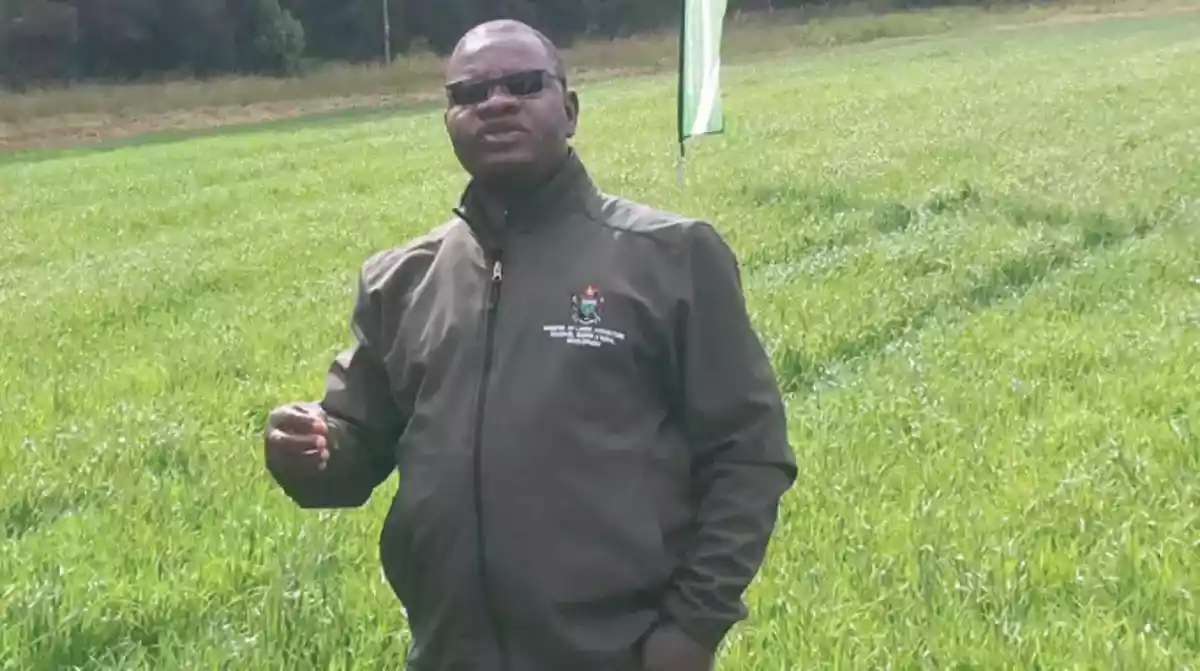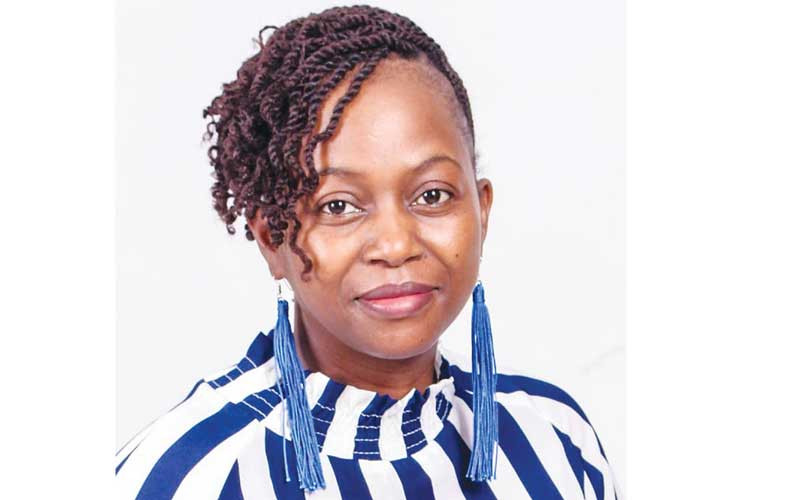
JAH Prayzah has stirred heated debate in the arts sector after he banned the use of professional cameras at his shows citing infringement of his intellectual property rights.
The stance by the Kutonga Kwaro hitmaker has been the subject of debate on different digital media platforms such as X, WhatsApp and Facebook.
“All my fans are free to use their cellphones to take memories of themselves and my performance. However, if you bring a professional camera it will be drama, content is money. Pay first. Promoters when you book for my services please keep this in mind," Jah Prayzah posted on X on Tuesday.
In an interview with NewsDay Life & Style yesterday, Jah Prayzah’s manager Keen Mushapaidze said: “We have professional videographers and photographers who are always there, so if there is any news agency, like they do worldwide, if there is any specific content that news agencies want, we obviously release it for them to publicise. What we are saying is no one can just (pop) up with their camera and start recording unless we have done arrangements.
“For now people who have good phones may enjoy the privilege of having a good phone not the privilege to record, we are not worried about phones at the moment."
He added: “Content is money, it is like that everywhere. Imagine a football match, (can) you just come and set up your cameras in the ground and start recording? There are what are called broadcasting rights and it is about time we introduced that to Zimbabwe. We are talking about Zimbabwe being globalised and engaging with other nations on a global level.”
Views on the issue are, however, mixed amid revelations that some phones are able to take better videos than professional cameras.
Arts critic Fred Zindi said what Jah Prayzah had done was not unusual in the music business, especially for a star.
- In the groove: Neglecting culture is detrimental to the country’s development
- In the groove: Is Patrick Mukwamba jinxed?
- In the groove: Has inflation hit the music markets?
- In the groove: Chiwoniso Maraire remembered
Keep Reading
“Way back, I attended a Tina Turner show and I was recording with an ordinary small hand camera, not even a professional camera. They took it away and stopped me from filming and taking pictures,” Zindi said, pointing out that digitalisation had made it very easy to commercialise someone’s content.
“Jah Prayzah is a star and his content is easy to commercialise. If somebody takes a video of a live concert and labels it Jah Prayzah Live at the HICC, they can sell it and there are hundreds of customers willing to buy the content.
“If it was just an up-and-coming musician, they like that kind of publicity but Jah Prayzah has reached a level where he does not need publicity. You can make a video and sell it without Jah Prayzah benefiting from it,” he added.
Another arts critic Plot Mhako said: “The communication may not be in good taste because if we are talking about professional cameras, news agencies use professional cameras to record so I do not know how they qualify or quantify that to be commercial content.
“On the other side, content that you find on social media, much of it is recorded using phones. I am not so sure what prompted them to make such a move because not so long ago Jah Prayzah was talking about how content that goes viral has helped him stay afloat in terms of getting bookings and reaching places far afield because of people recording his videos. However, I respect his decision and his craft, he has a right to his content.”
Zimbabwe Music Rights Association executive director Polisile Ncube-Chimhini said Jah Prayzah was only enforcing his intellectual property rights.
“It is within his rights to stop people filming him as per the provisions of the Copyright and Neighbouring Act [Chapter 26:05] section 17 which say that a musical work shall vest in the owner the exclusive right to do or to authorise the doing of any of the following acts, reproducing the work, publishing the work, performing the work in public and broadcasting the work,” she said.
“Section 20 provides that acts restricted by copyright in sound recordings shall vest in the owner the exclusive right to do or to authorise the doing of any of the following directly or indirectly, a record embodying the sound of the recording.”
Ncube-Chimhini also noted that piracy is now being done on digital platforms where one can illegally record and post on social media platforms and get financial benefit through followers and views to the prejudice of the copyright holder.
She added that recordings of musicians' performances should not be used for any commercial purposes.
Multi-instrumentalist and producer Clive Mono Mukundu said some artistes refused being filmed even though the majority view it as free publicity.
“The artiste’s reputation could be damaged if they make even the slightest mistake because it would be publicised on social media,” he said.
“Nowadays the majority of artistes would rather publish recordings that have undergone post-production in order to fix errors, but this is impossible when an audience member records it.”








